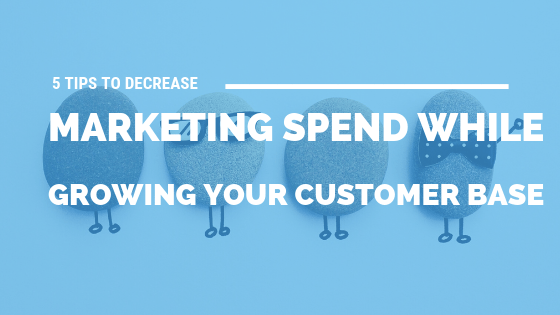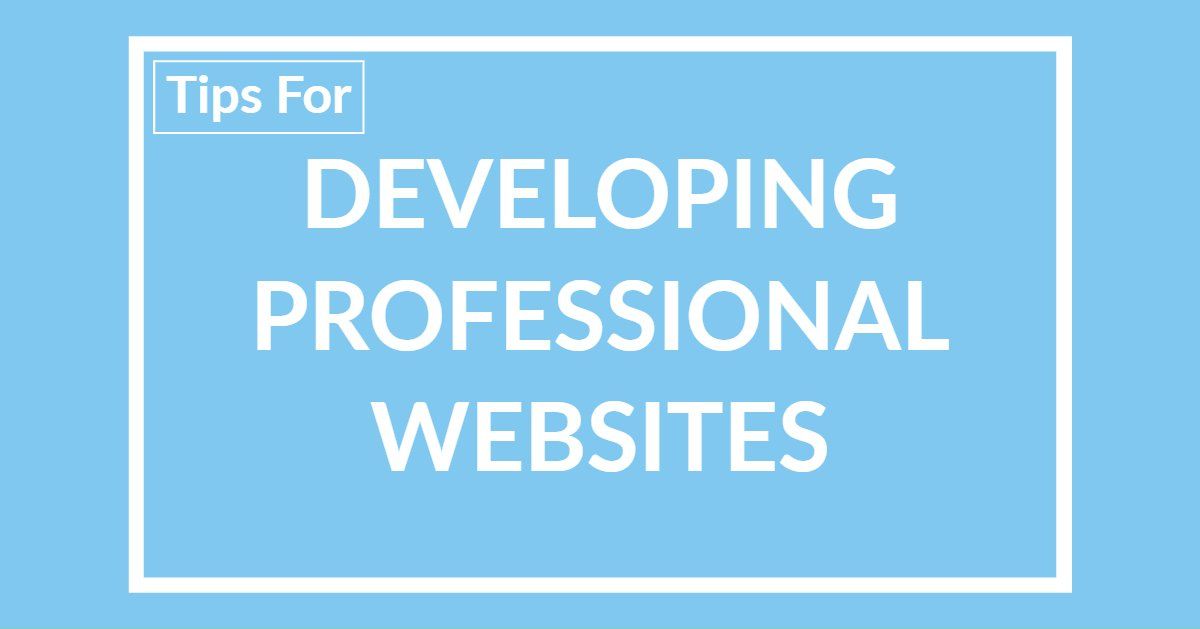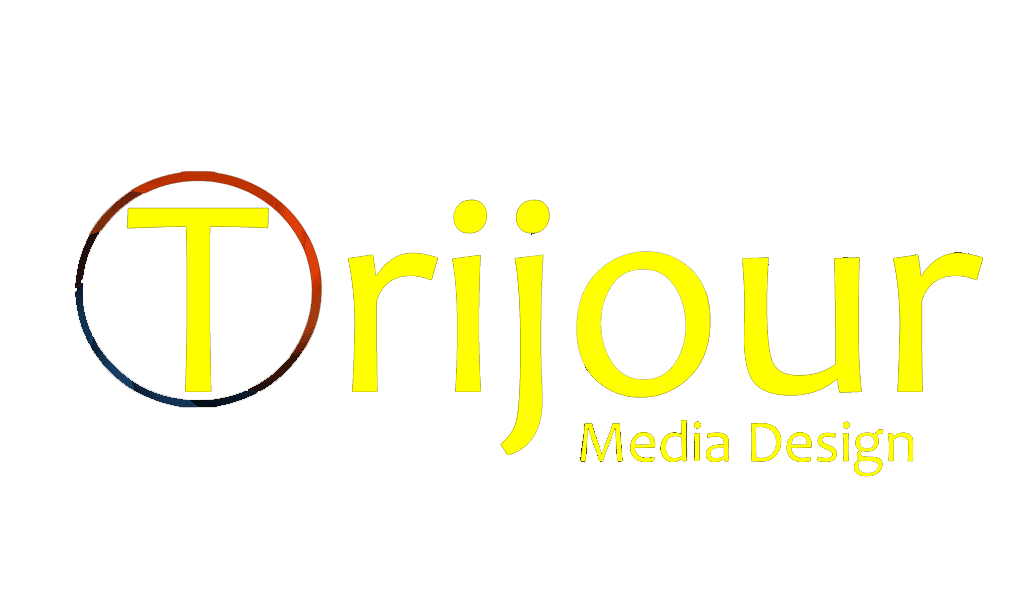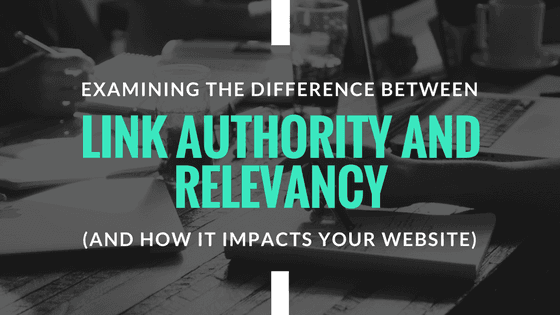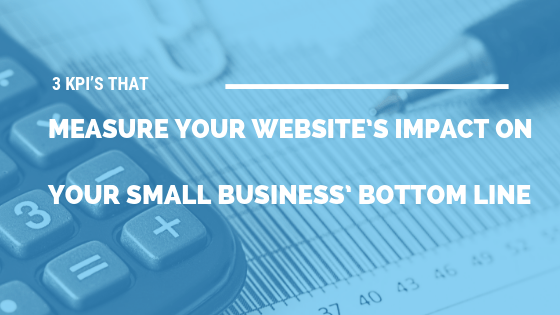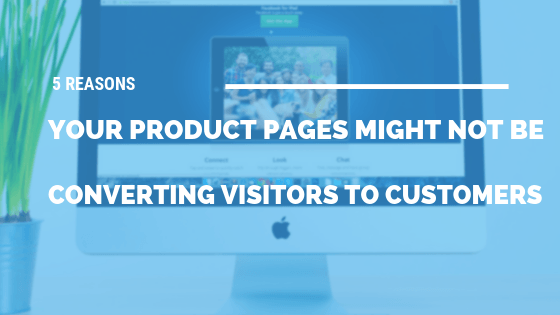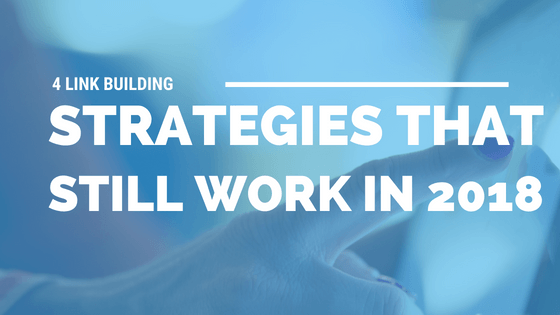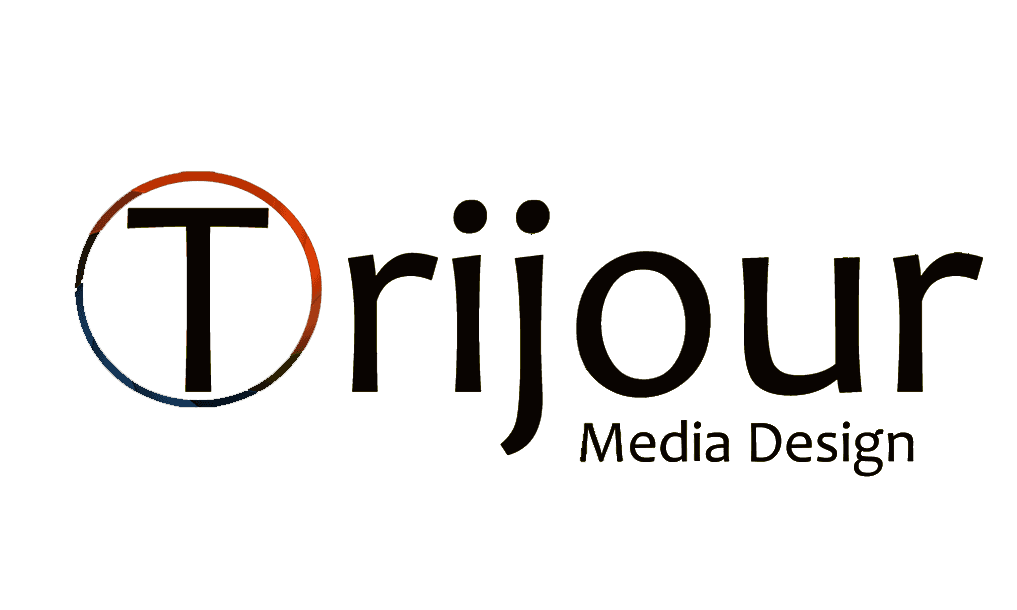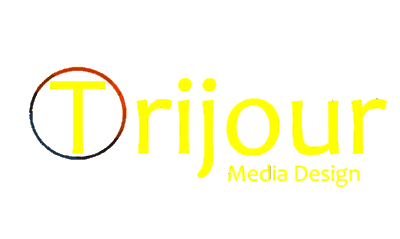Examining the Difference Between Link Authority and Relevancy (And How It Impacts Your Website)
Search engines treat links to your website like professional references. Sites linking to your page effectively vouch for its quality, and this makes your page rank higher for certain search terms, positioning you in the best spots on search engine results pages. This makes link building, the process of securing links to your site, an important aspect of search engine optimization. You’ll be more effective at link building if you understand the difference between link authority and relevancy, two often-misunderstood metrics that affect search ranking in different ways.
Nofollow And Dofollow Links
Some links impact your ranking more than others, while some don’t impact your ranking at all. Authority and relevance are two ranking factors that determine the degree to which a link on a particular site will impact your ranking (and we’ll get to them in a second). But you should also be wary of nofollow links, which include HTML code instructing search engines to ignore the link in their index. This code was introduced to reduce the efficacy of spamming links to the Internet. If the sites you’re seeking to build links from are using nofollow code when they link to you, you won’t see any increase in your ranking as a result. You need to seek out dofollow links, which allow all search engines to index them and create a backlink.
Link Authority
Authority is a measurement of a site’s trustworthiness, as it stands in comparison to the vast amount of other resources on the Internet. Authoritative sites are often easy to spot. If a link comes from a major media outlet that exists outside of the Internet, like the Washington Post or CNN, it’s going to be highly rated for authority. Media outlets that are Internet-only but boast massive readership and consistently break new stories (like the Huffington Post or TechCrunch) are also authoritative sources. It can be tougher to evaluate authority when looking at sites you haven’t heard of at all. But you can generally evaluate the authority of a site by spending some time there and looking at the content. If the site is well-written and cohesively designed, and not a jumbled mess of spammy links and disparate information, it’s probably ranked fairly high in authority. You can also use tools like Moz to check out a site’s backlinks-if it’s being linked to by authoritative sites, it’s probably safe to assume the site itself is authoritative.
Link Relevance
Relevance, like authority, is a factor that you can usually assess on your own. The difference: relevance measures how well a site relates to your own. You should check out the topics that the site covers, both generally and in detail. Let’s say you’re looking for links that will increase your ranking for the search term “women’s fitness.” Does the site cover fitness in general, women’s health in general, or specifically women’s fitness? If only one out of every five articles the site posts relates to your topic, it won’t attract the same audience as a site that’s consistently focused on women’s fitness, and your link will look out of place. And if the site posts on a wide variety of topics in order to attract as much traffic as possible, it’s likely the site itself is SEO spamming, meaning it’s neither relevant nor authoritative. Look at who writes for the sites you’re evaluating. Are they considered experts in your field, or are they just bloggers for hire? This can also help you assess relevance.
Ideally, you want links from sites that are both authoritative and relevant to your site. You can generate traffic from sites that are authoritative but not particularly relevant, and from sites that are relevant but lack authority. But links from sites that are neither won’t do much for your ranking at all.
